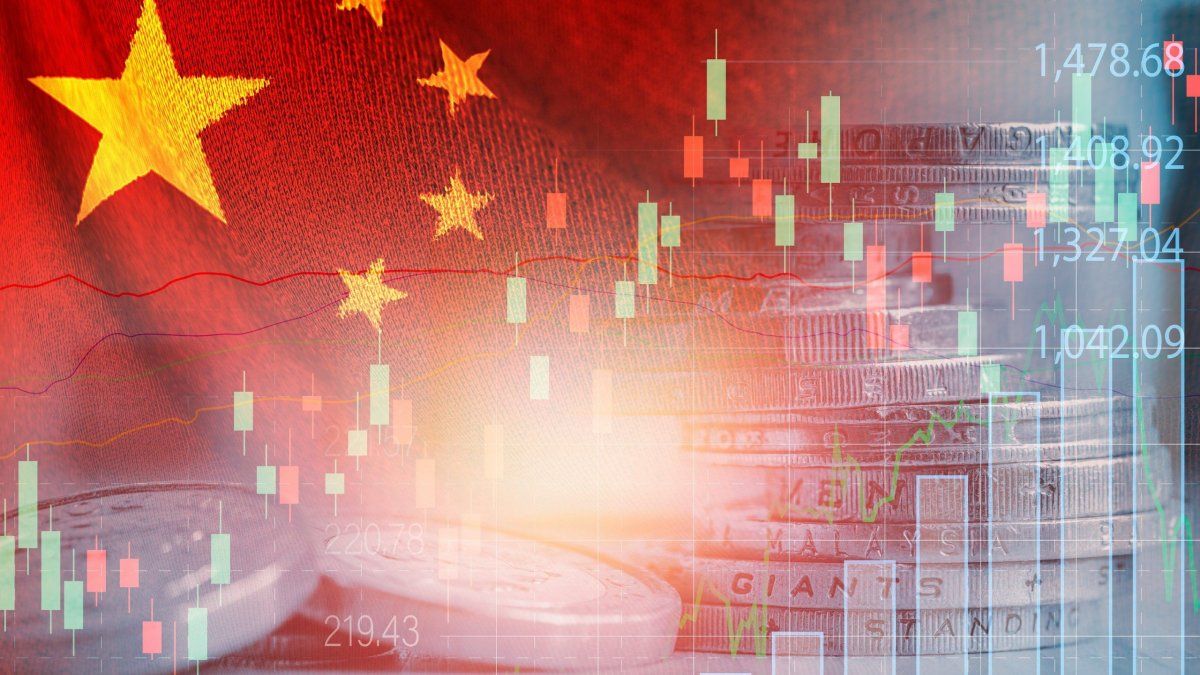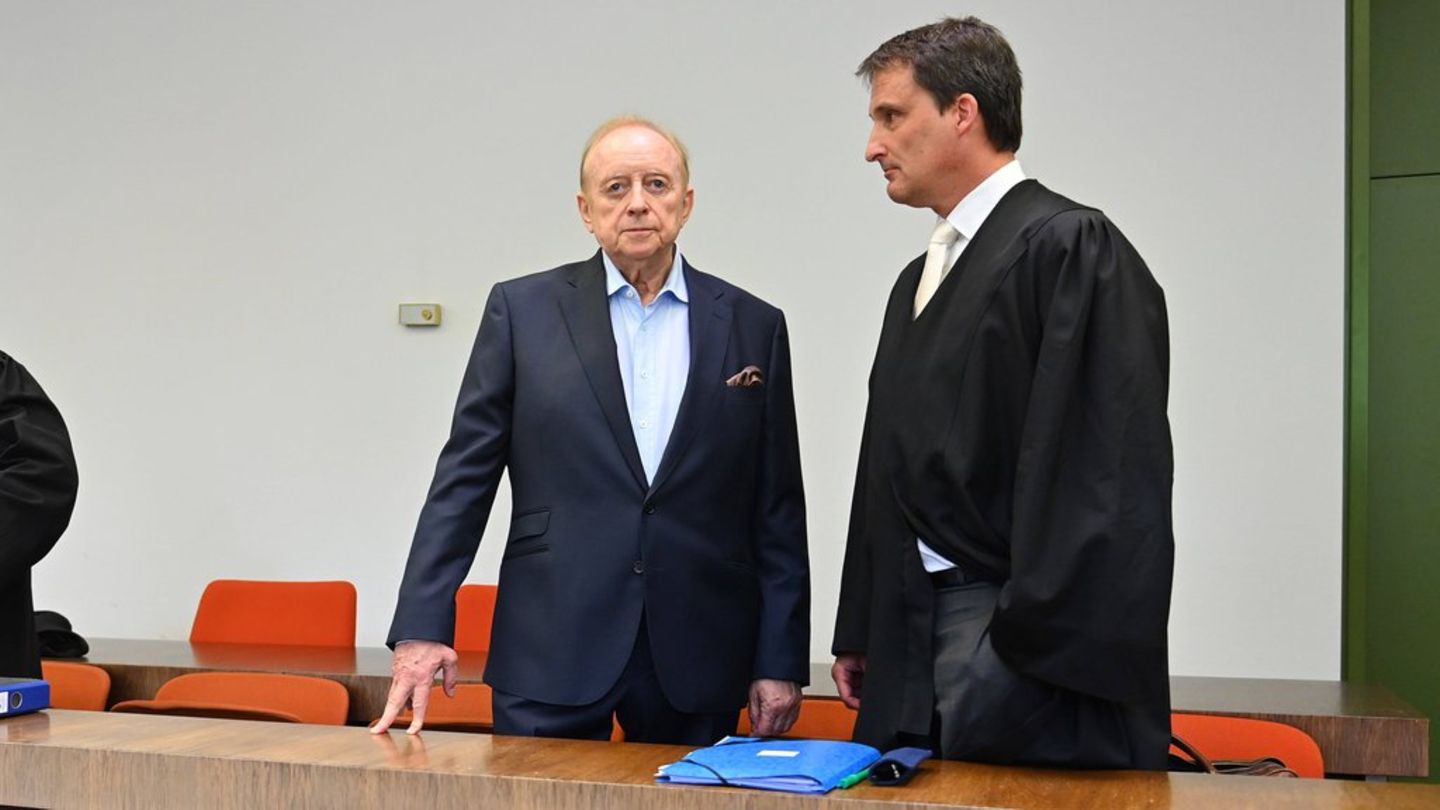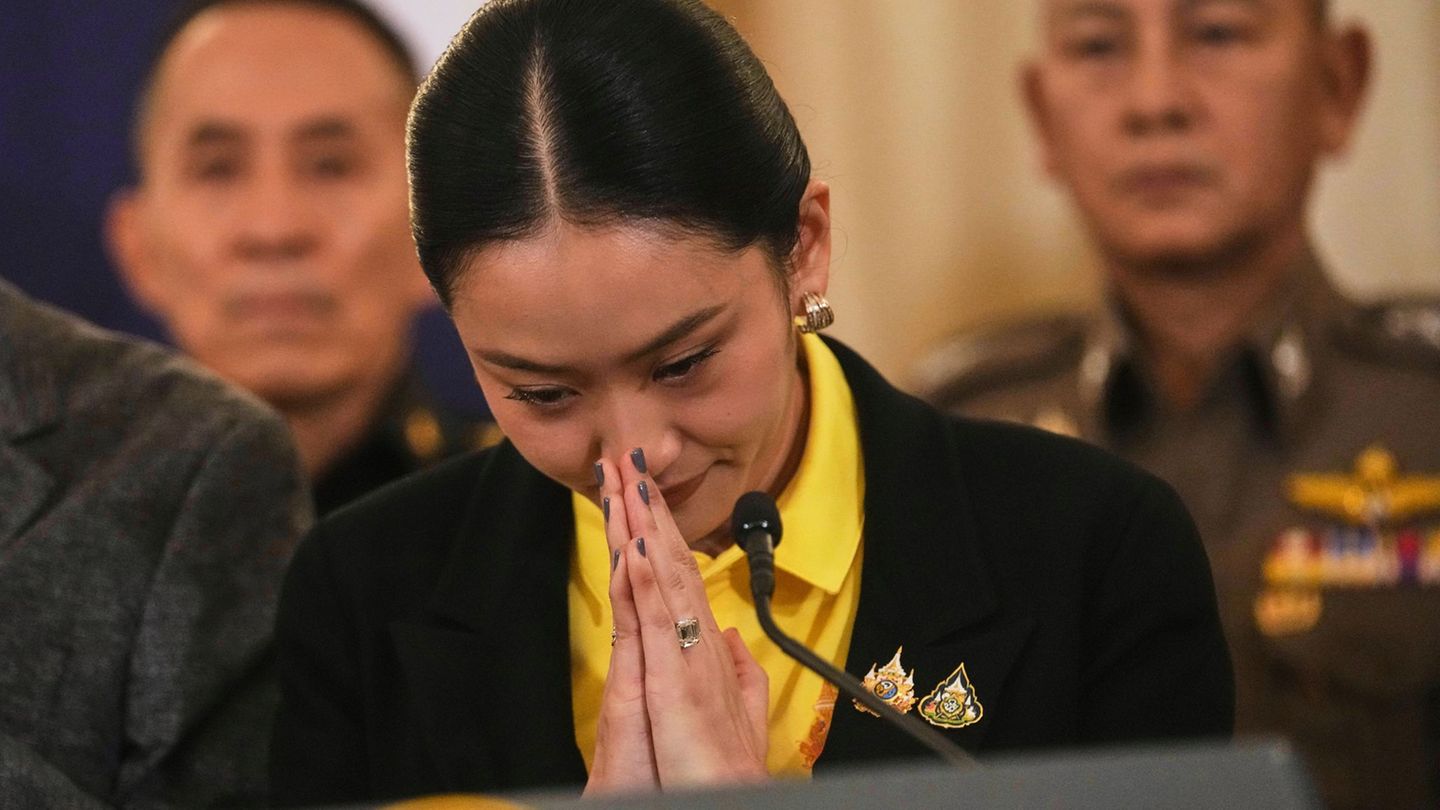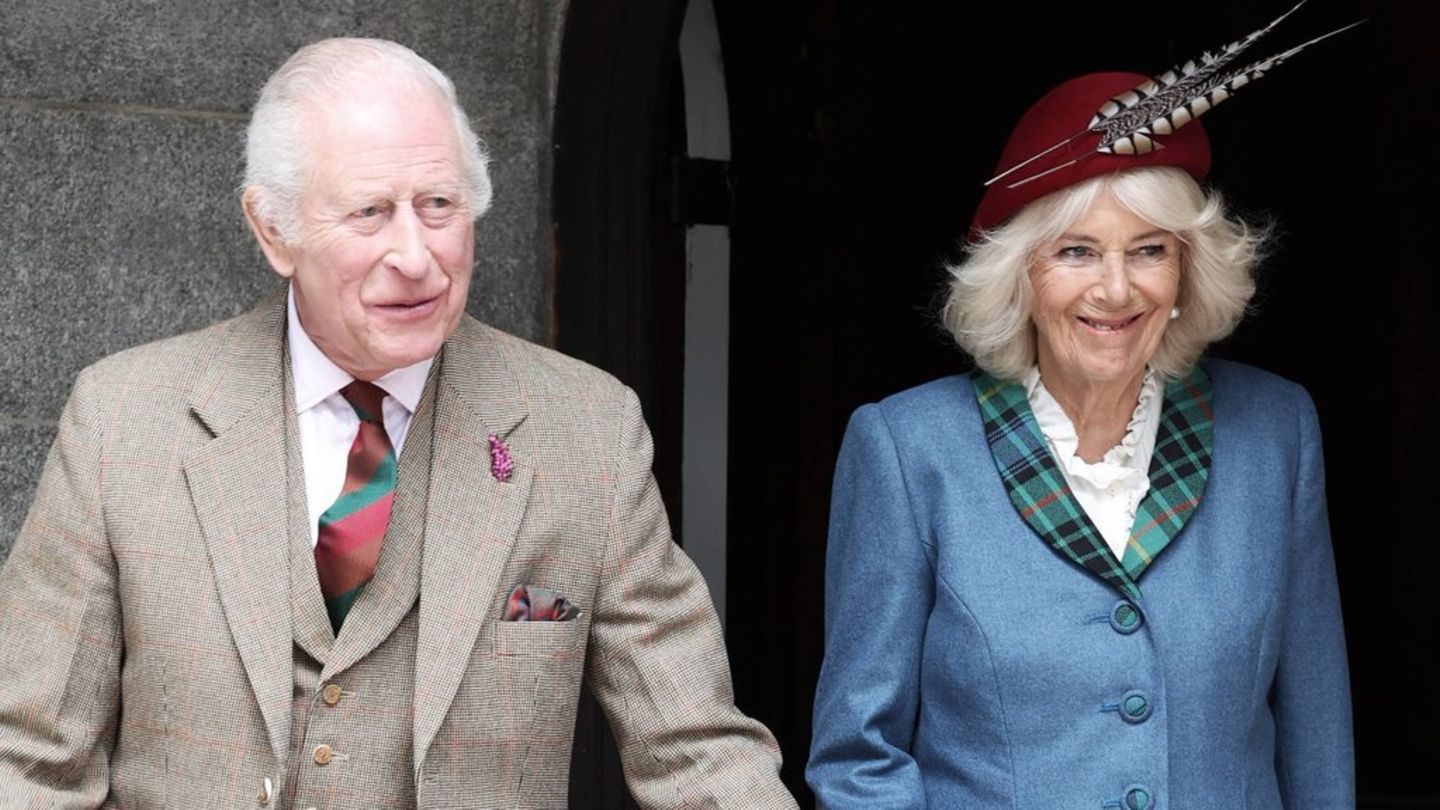Last night, on his weekly cable show, an exaggeration – a bit of a joke himself – slipped into the middle of his usual tirade. “a commercial bank that is leaving Argentina” .
Although there are no details, the “run run” of the market is that this time it would be an oriental bank, whose “patent”, unlike the other cases, would remain in the hands of a private group that aspires to enter the activity.
This entity entered the country in 2011, taking a stake in another originating on the other side of the Atlantic, which it controlled and changed its name in 2013, acquiring 100% of the package in 2019.
Beyond the particular interest in Argentina, in 2007 the bank had acquired 20% of the parent company for US$5.5 billion, in what was one of the largest foreign direct investments on the black continent.
With or without basis, the rumors are based on a factual issue: the institution we are talking about – and which has had great success in Argentina – is the in charge of carrying out “clearing” operations in the country in one of the five most used currencies in world trade.
The root of the problems with China
Enough of rumors and let’s hope we’re wrong (I understand that beyond plausibility, The reader has the right to “know” what is being said in the marketmaking all the necessary reservations).
Six months ago, China was the country’s second trading partner (third in the annual total, receiving exports for US$5.2 billion). A no small point is that as of September of last year, Direct Investment from China in our country reached $3.58 billion… but December came and things began to change.
According to the latest data from INDEC In April, China had fallen to fourth place, behind Brazil, the European Union and the United States. From importing products for US$1,012 million and exporting for US$454 million during January, in March (latest data) they were US$713 and US$310 million.
We all – at least those of us who have some sense of humor – smiled for one reason or another last month at the words of the Chancellor, Diana Mondino, regarding equality between the inhabitants of the People’s Republic, and those of us who know it and We believe we understood that it was part of his “Cordoban humor.” Unfortunately, in Bejín they don’t know her that much and her words caused some resentment.
But this was not the root of the problem.
Last September, the then presidential candidate Javier Milei gave an interview to journalist Carlson Tucker that was seen by more than 410 million people on the X network where he stated: “Not only am I not going to do business with China. I’m not going to do business with any communist. I I am a defender of freedom, peace and democracy. Communists don’t go there… the Chinese don’t go there”
Shortly after taking office, Milei withdrew the country from the BRICS group, where China is the main partner, and towards the end of March, Mondino made a series of statements in Tokyo that were interpreted as saying that the government would not encourage Argentine companies to trade with China since “There is not much for us to gain by working alongside some countries that are not liberal democracies”.
The swap, an uncalculated problem
In March the national authorities realized that either they would renegotiate it or they would have to pay the equivalent of about US$2.9 billion in June and another US$1.9 billion in July to the Central Bank of China (BCC). Not unusually, with this background, to which we can add the brakes on the Néstor Kirchner and Jorge Cepernic dams in the province of Santa Cruz, it resulted that, not unusually, at the beginning of April the first signs came that Beijing was not willing to renew the swap that had opened in 2009 with Argentina and the chancellor began to prepare her trip to the antipodes seeking to thaw the situation.
Although the trip ended up being favorable for promoting the country’s private companies – leaving behind what was said in Tokyo – at the BCC they continued to demand the money. Thus, on April 26, the President of the BCRA Santiago Bausili and the Secretary of Finance Pablo Quirno joined the delegation to see if they could convince the Chinese to extend them credit.
The wounds, unfortunately, were too great and at the beginning of May the Chancellor announced that the swap should be paid in cash.
With just hours to have to pay a money that the market and even the IMF held in their hands would be renegotiatedin the government they are fighting against time to see if they can get a “waiver” or achieve some other mechanism that delays and does not hit the country’s reserves, without having to give in on the dam issue or give Chinese businessmen a door to the national railway system. Since it took office, the government has purchased dollars for US$17.2 billion, which after discounting the expenses left it with a net of around US$7.4 billion, which would be reduced to US$2,500 if the Chinese were paid. .
Meanwhile the market does not trustToday, as I write these lines, the blue dollar jumps more than 2.4%, the Merval falls 2.7%, the country risk increases and the rumors that a certain bank is about to withdraw from the country are intensifying.
Source: Ambito
I am a 24-year-old writer and journalist who has been working in the news industry for the past two years. I write primarily about market news, so if you’re looking for insights into what’s going on in the stock market or economic indicators, you’ve come to the right place. I also dabble in writing articles on lifestyle trends and pop culture news.




